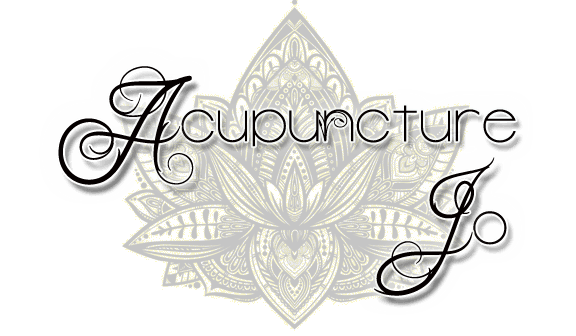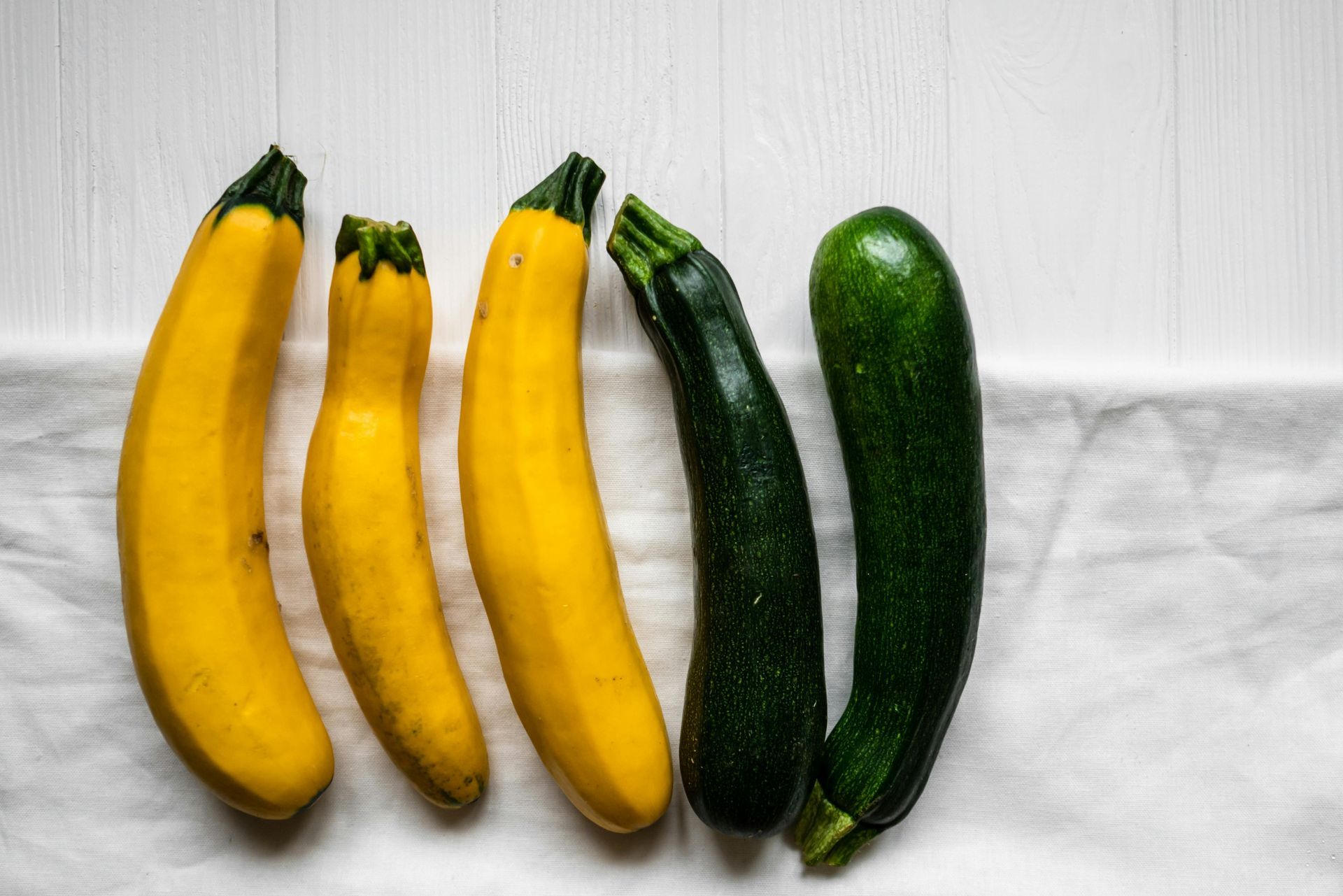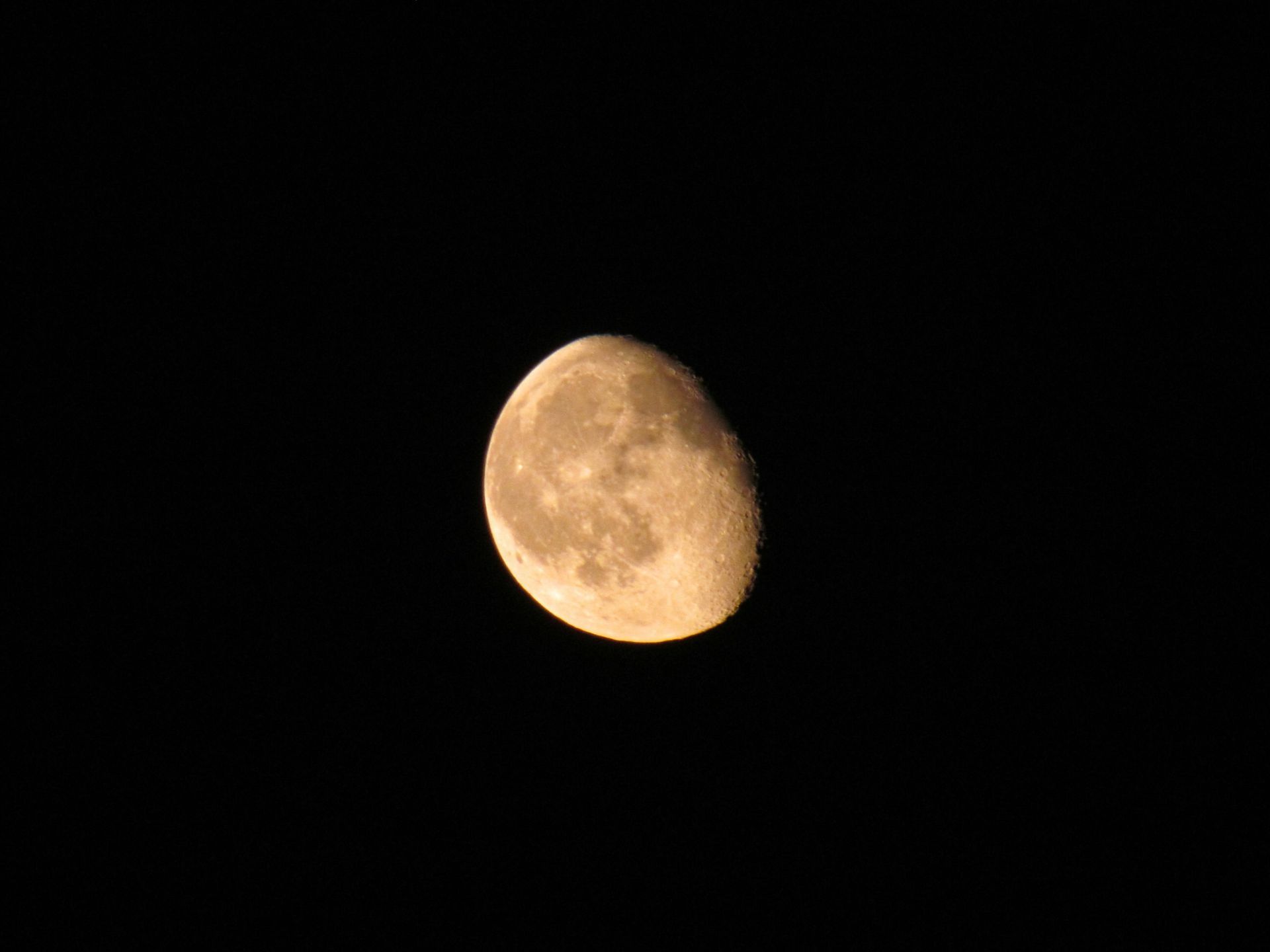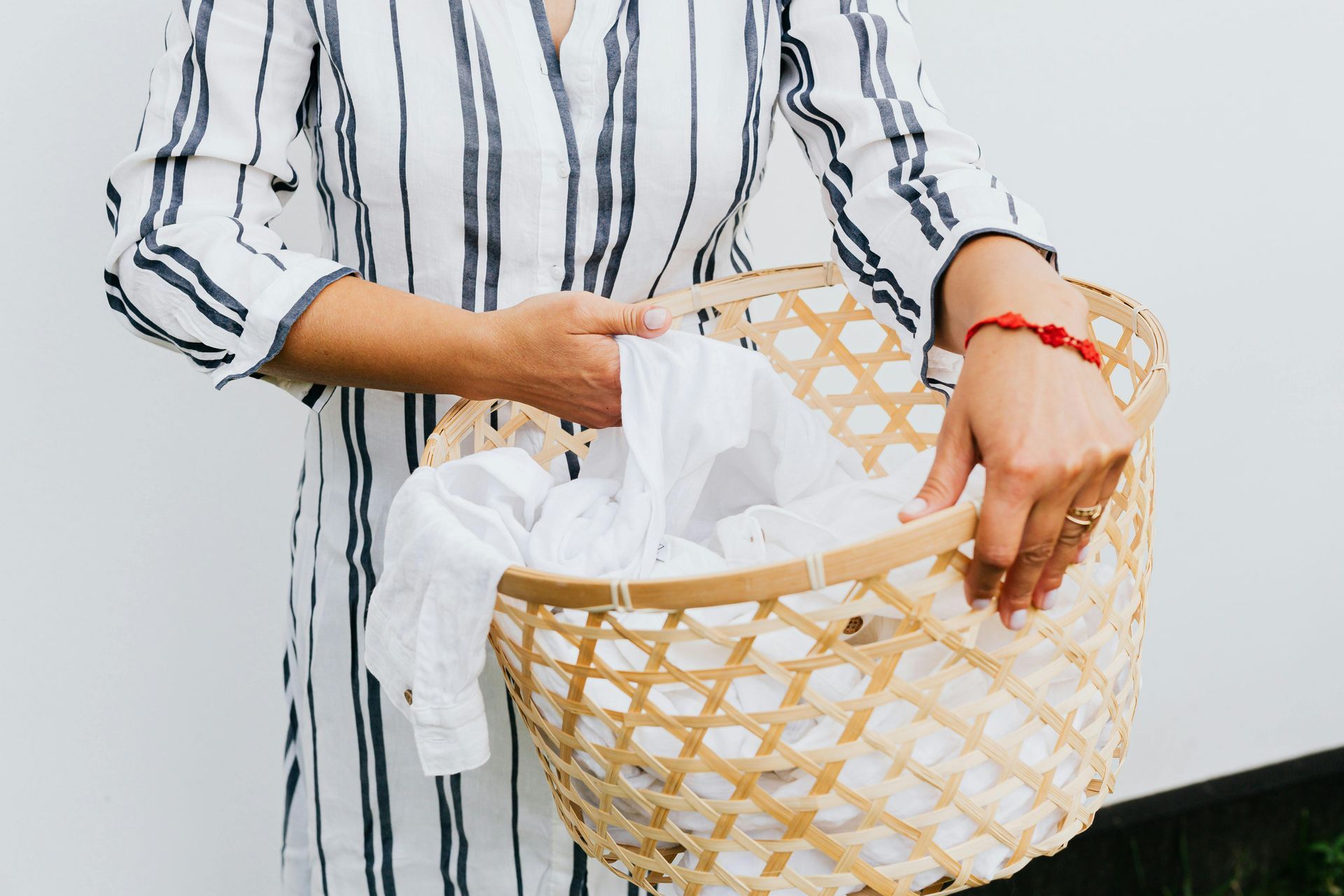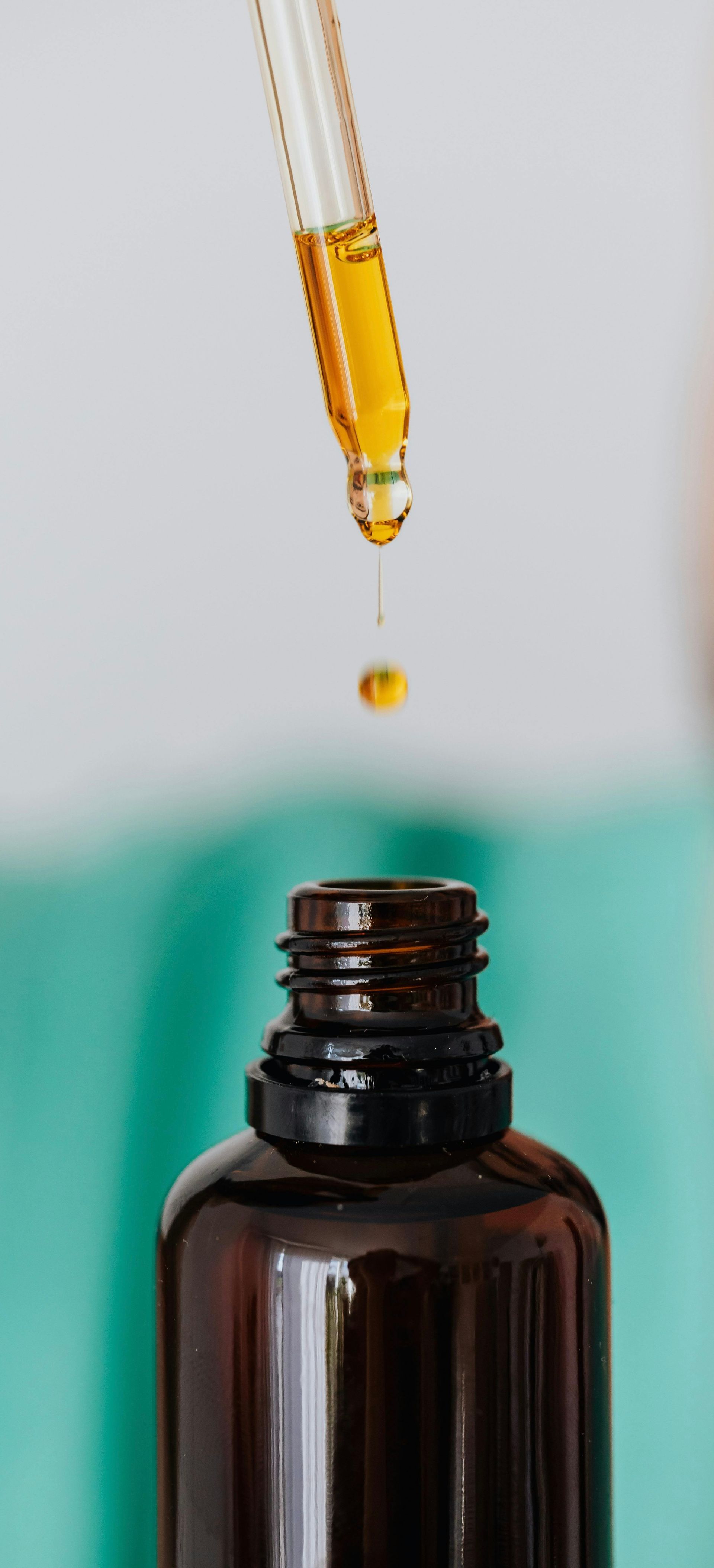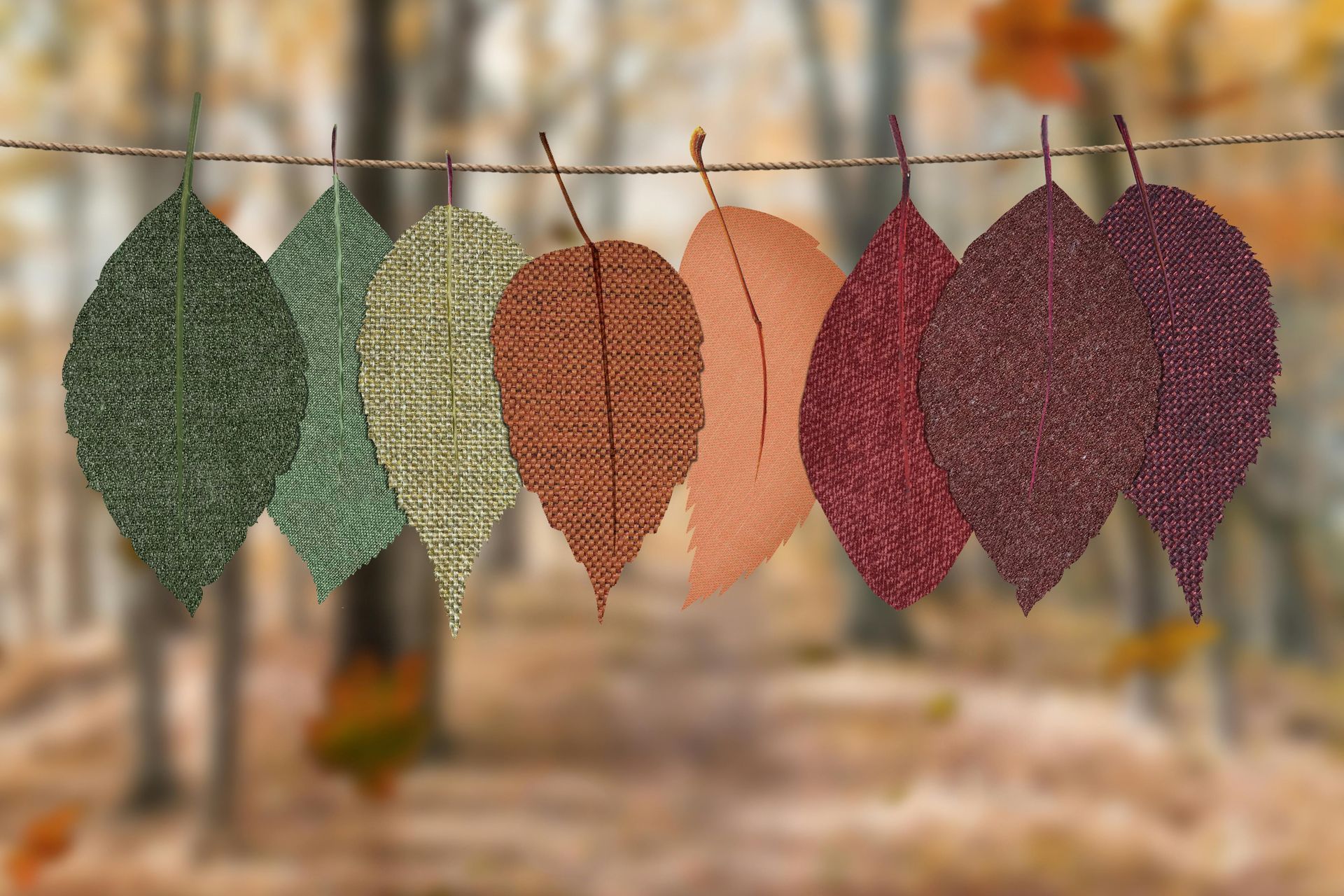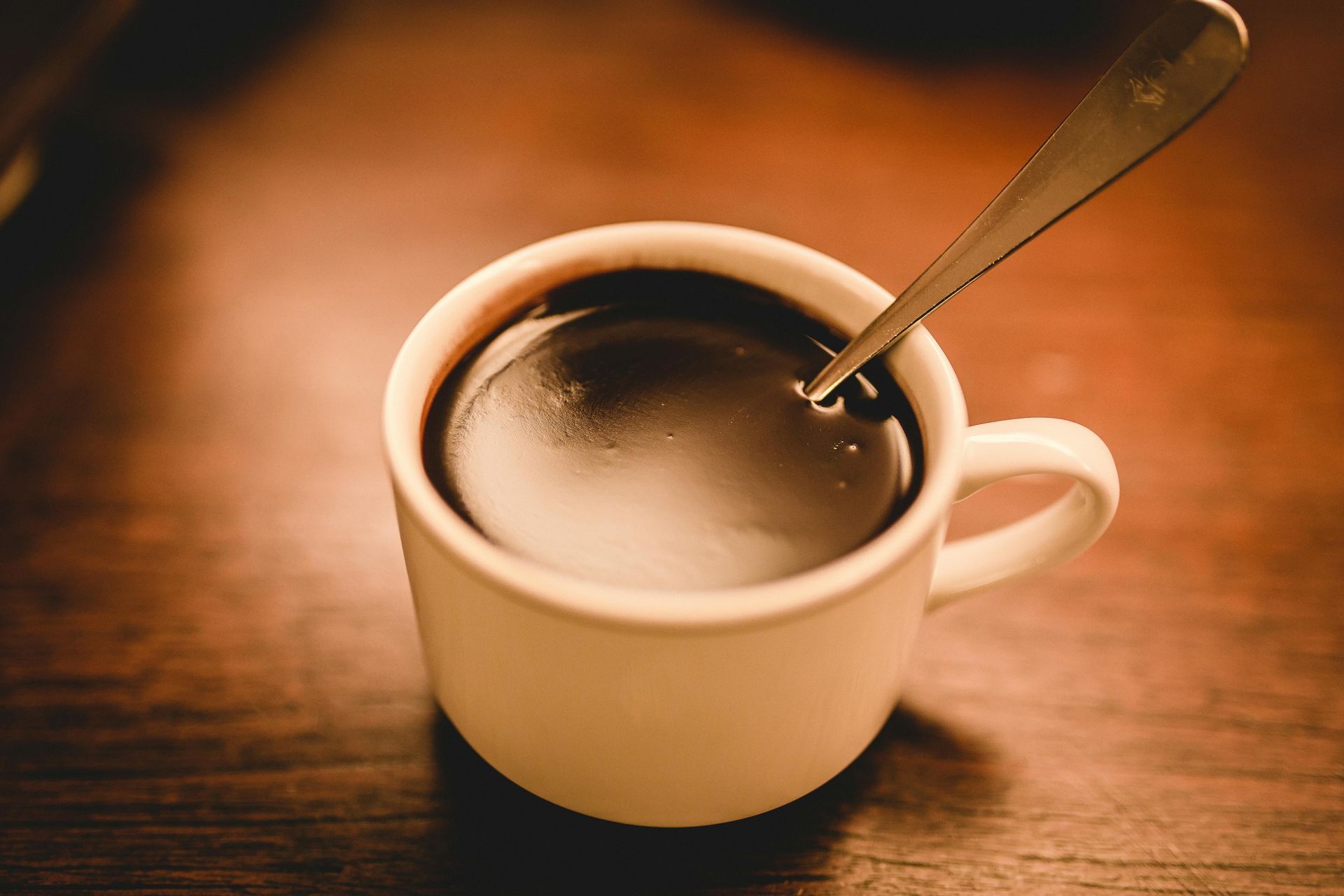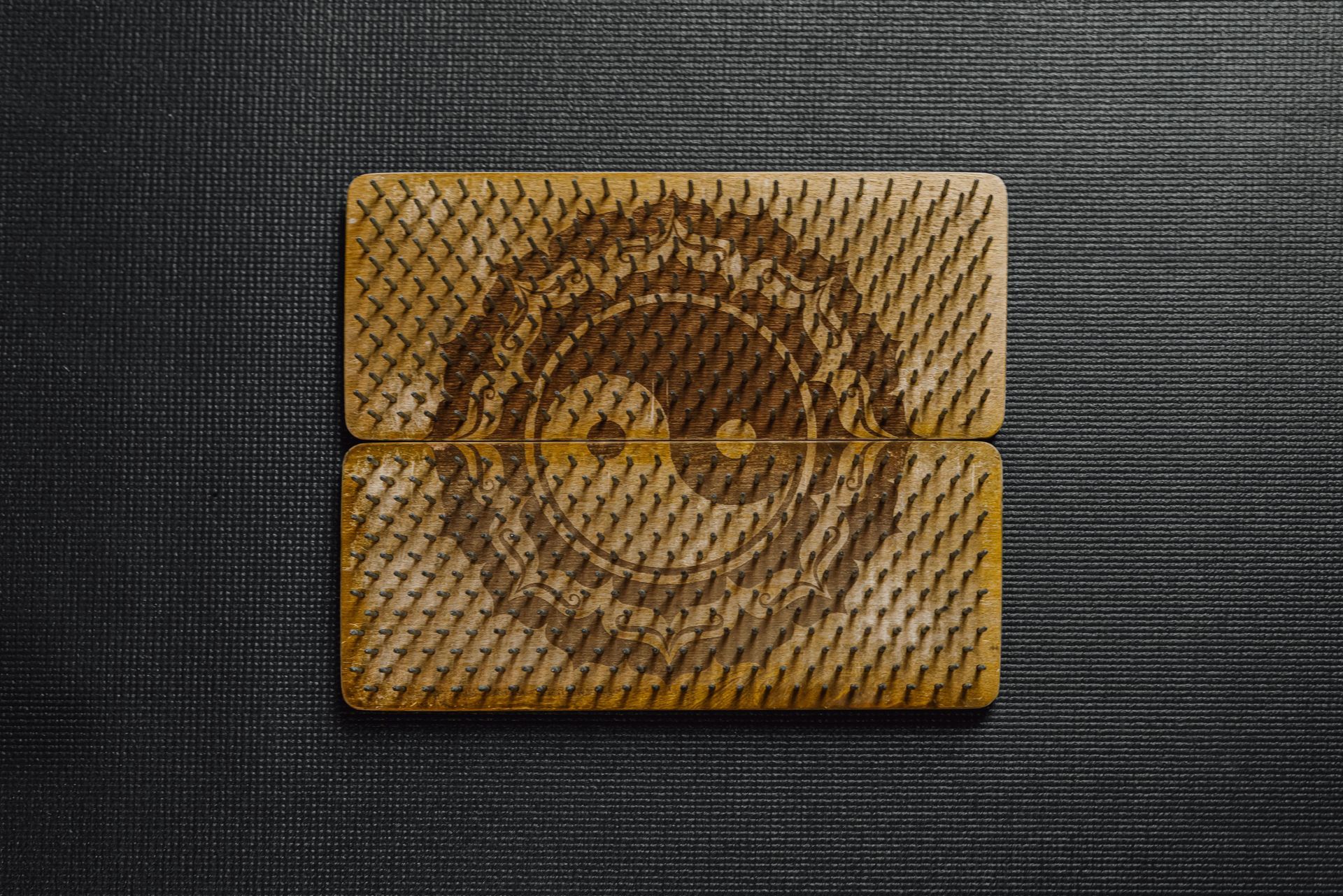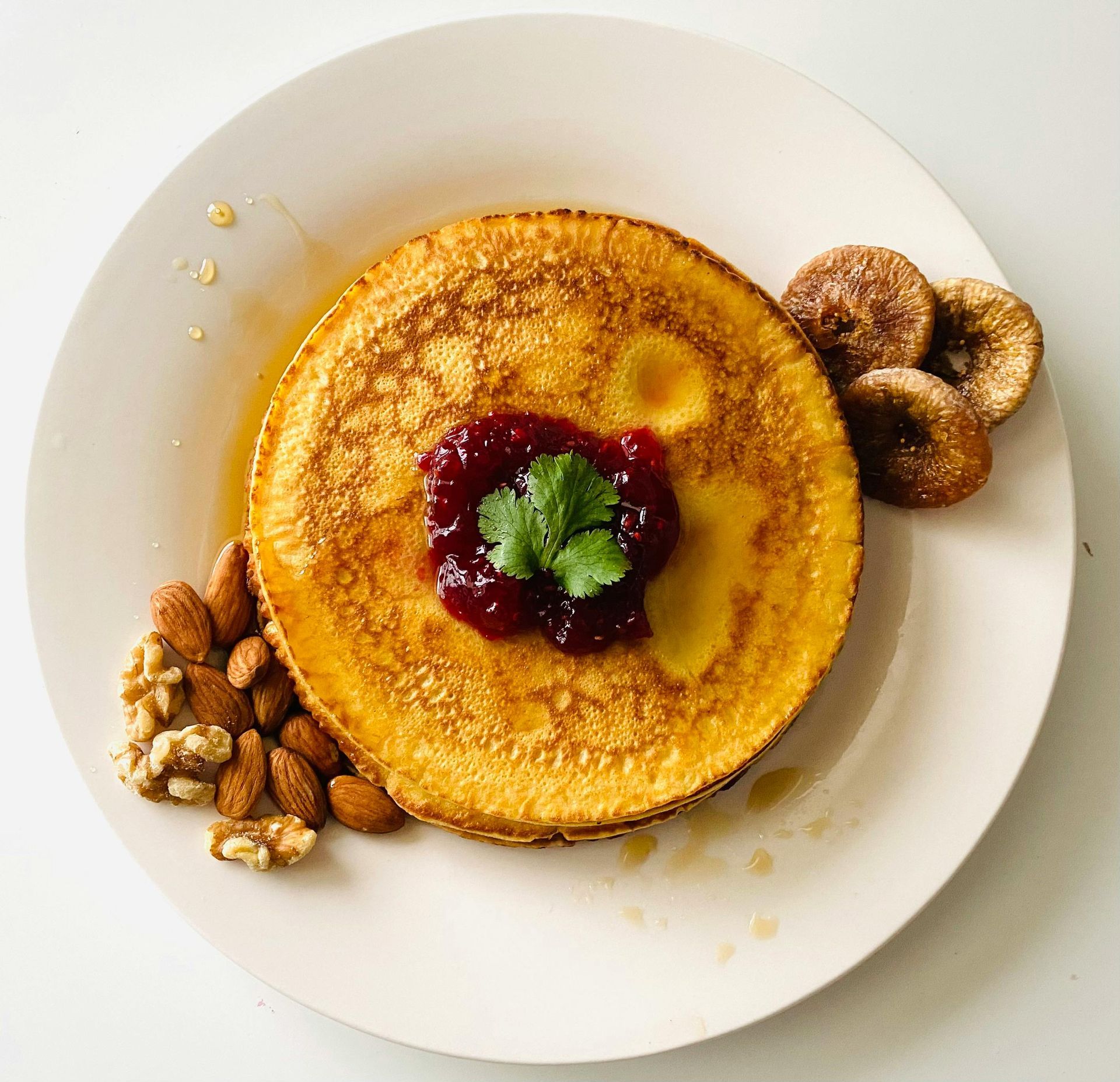Oral Care During Morning Sickness
Tea Time with Jo | Oral Care During Morning Sickness
Even if you’ve never been pregnant, most people have experienced, at some point or another, being so nauseated that the thought of brushing their teeth seems utterly revolting. If this is you, I have compiled some tips to help maintain your oral health while you navigate your first trimester or whatever other ailment has you gagging at the thought of brushing your teeth. Let’s dive in!
Ancient Swish
In ancient China, some of the earliest forms of oral care involved swishing with either salt water or tea. This makes sense as both substances exhibit antibacterial properties. Different teas work better against different types of bacteria but both green and black tea do exhibit antibacterial effects. In contrast to most commercially available mouthwashes, swishing with tea or saltwater actually helps to preserve the friendly bacteria rather than killing all bacteria indiscriminately. If using this method, spit out the tea you swish with rather than swallowing it to avoid swallowing the unfriendly bacteria.
In Ayurveda, the practice of “oil pulling” is one of the top methods to help clean teeth and also detoxify the mouth. The practice is most commonly done by swishing coconut oil or sesame oil around the mouth for a few minutes and then spitting out the oil into the trash bin. Modern studies have shown that oil pulling is effective in lowering the levels of unfriendly oral bacteria and can even reduce stains and discolorations on the teeth. I’m sure there is a host of other benefits as well.
Modern Alternative
Another alternative worth trying is using a WaterPik. These devices are made to enhance brushing and flossing routines but they can be really helpful in dislodging food particles and interrupting the biofilm that builds on teeth which we know as “plaque”. Modern versions now come in wireless adaptations which makes them super travel friendly and take up much less space on your bathroom counter.
Ol’ Faithful
If the act of brushing your teeth doesn’t seem as revolting as the actual taste of the toothpaste, you can forgo using the toothpaste altogether and just brush your teeth with water. The mechanical action of the bristles sweeping along your teeth and gum line are helpful in preventing plaque buildup even without toothpaste. Fun fact: in ancient China, people used to dip a willow twig in a small cup of water to soften the tip. In the morning, they would chew on the tip and rub it against their teeth as a sort of “toothbrush”. Primitive toothbrushes like these existed across the globe before the modern version because popularized sometime in the 1700s.
Why Not Just Use Mouthwash?
As mentioned above, the problem with most modern mouthwashes is that they are made with strong antiseptic agents that can kill even the friendly, helpful bacteria in your mouth. If we destroy the good bacteria in the mouth, it can make it easier for the unhealthy bacteria to proliferate unchecked, which can create bigger problems down the line. More recent data from 2019 found that antiseptic mouthwashes can lower the natural levels of nitric oxide in our bodies, which in turn, can cause high blood pressure. Alarming, I know!
Another fun fact: Listerine was originally marketed as a floor cleaner and antiseptic cleaner for surgical tools prior to being rebranded as a mouthwash.
Besides pregnancy, I have met several individuals who have experienced nausea associated with teeth brushing. Sometimes it can be due to hormonal shifts such as with puberty, menstruation or with the use of hormonal drugs (such as with IUI or IVF). Sometimes, last night’s take out just didn’t settle all that well. Whatever the case, I hope you find these tips helpful. Keep in mind, while these recommendations can help you somewhat maintain your oral hygiene while you navigate whatever it is that is making you adverse, you’ll have better luck if you can maintain a regular toothbrushing routine before bedtime. This includes flossing.
I avoided making any recommendations to avoid certain foods while your oral hygiene routine is compromised because those foods might be the only things you can keep down when you are struggling with nausea. That being said, I’m not an expert in oral care nor in Ayurveda, so I suggest that you seek the advice of a qualified person before following these tips.
If you found this blog post interesting, or know someone who may benefit from the info, please feel free to share. If you have a topic you’d like to cover in a future blog post, email me your suggestion! Catch you in the next post!
